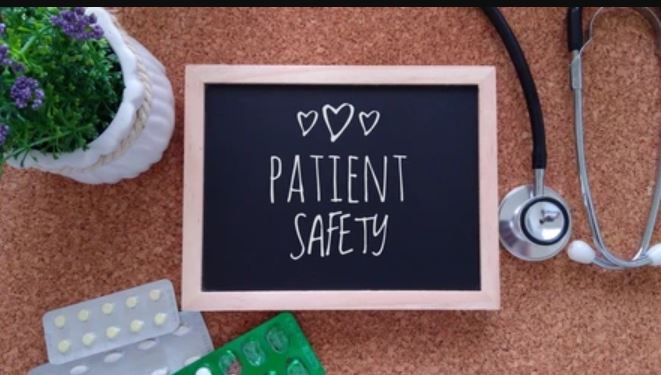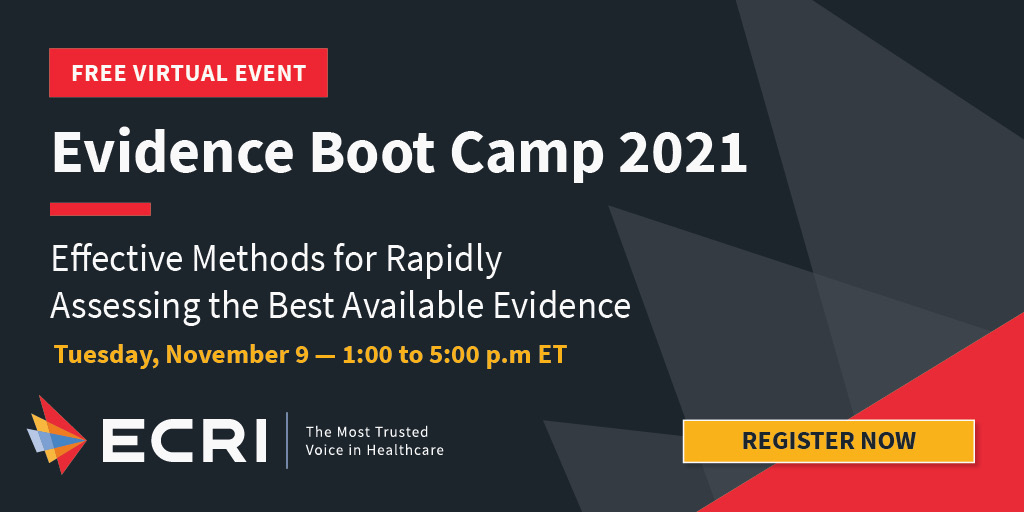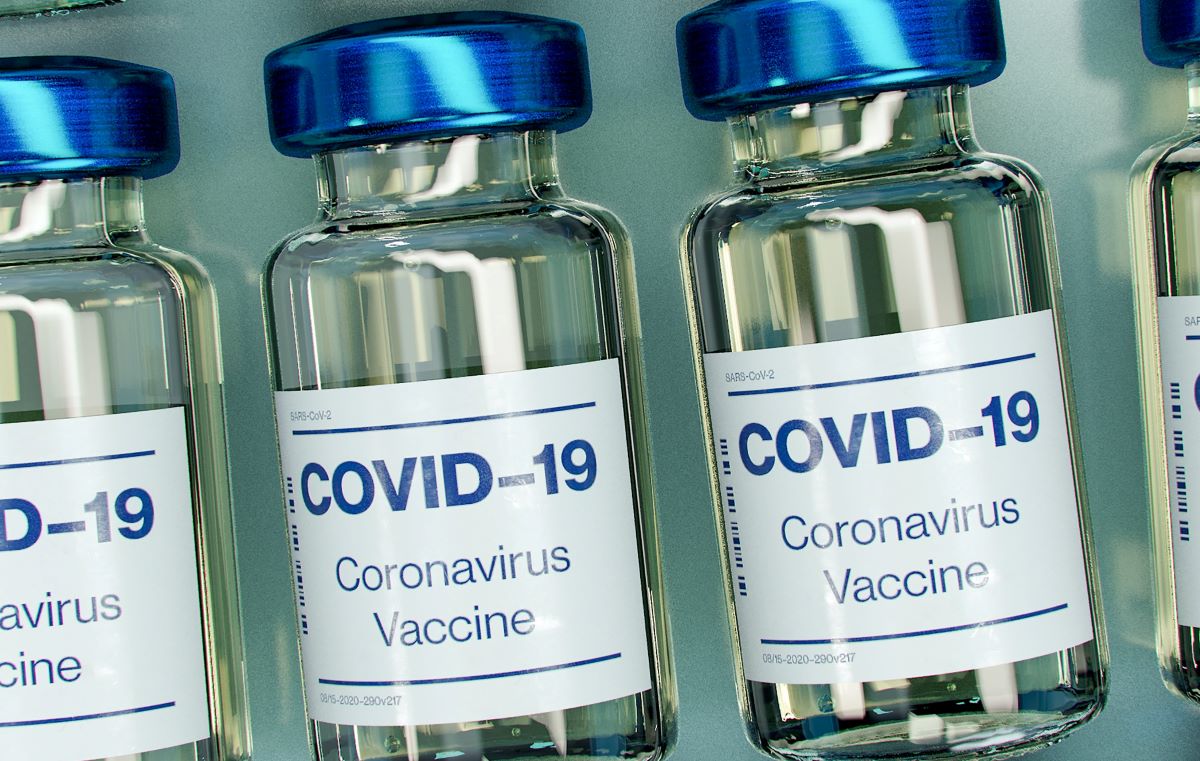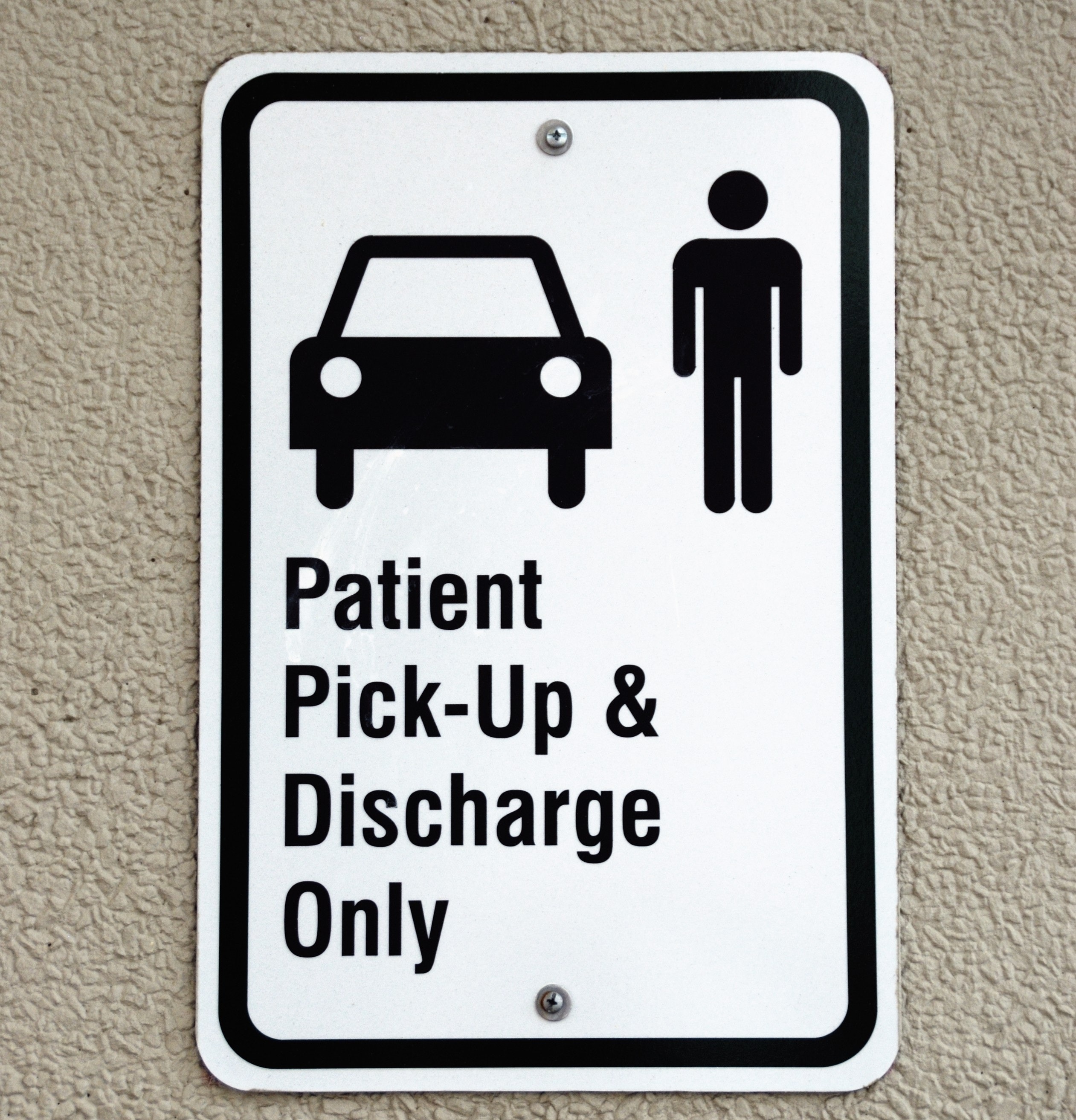An important part of maintaining patient safety is establishing the shared belief that despite the high-risk environment in healthcare, patient safety is possible, and it’s everyone’s responsibility. Creating awareness of common problems and opening a dialogue about prevention, learning, and solutions can help.
To that end, ECRI annually publishes a list of its top 10 patient safety concerns, and we are pleased to share the 2022 list with you here. ECRI analyzed a wide scope of data, including scientific literature, patient safety events or concerns reported to or investigated by ECRI, client research requests and queries, and other internal and external data sources.
Like it has done to almost everything else in the world, the COVID-19 pandemic has shaped this year’s list. The annual list is usually topped by clinical issues caused by device malfunctions or medical errors. But this year, staffing shortages and healthcare workers’ mental health top a list of patient safety concerns released by ECRI. Inadequate staffing is jeopardizing patient safety. Due to staffing shortages, many patients are waiting longer for care, even in life-threatening emergencies, or simply being turned away.









